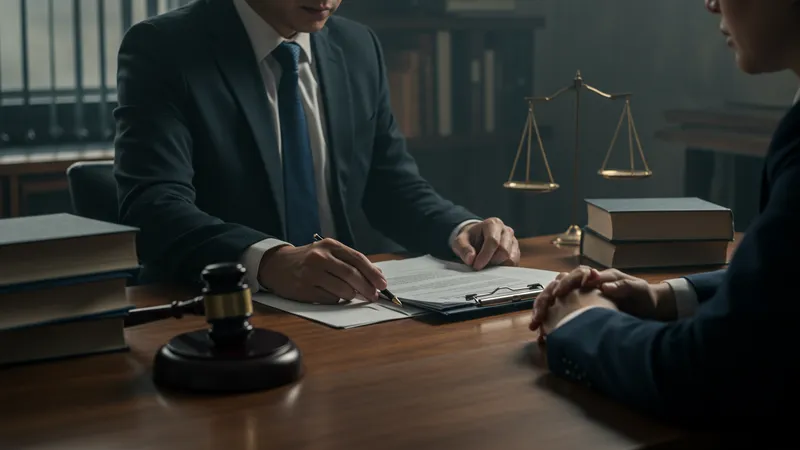
Criminal Defense Attorneys: Everything You Need To Know Before Hiring One
Plea Bargains: A Double-Edged Sword
Plea bargains, widely considered a quick escape route, are more than meets the eye. With over 90% of convictions resulting from negotiations rather than trials, it shines a spotlight on a sharp truth: not every deal benefits the defendant. Nuances that define them get ironed out in typical plea deals, holding shocking implications for unsuspecting clients.

Enter the skilled attorney—the true architect of the negotiation table, wielding cautious yet tactical optimism in secure deals. This ensures client rights remain unblemished through fine print comprehension, offering protection against undue obligations or unforeseen consequences. But even deeper-seated complexities arise.
Discovery processes, wherein lawyers secure overwhelming evidence or weakened prosecution, often cite essential negotiation leverage. Attaining solid footing from these phases can sway or undermine plea negotiations conclusively when timed perfectly. However, there’s another dimension hidden away in plain sight.
It turns out finalizing a plea rests heavily on understanding collateral consequences—those dreaded aspects affecting a client’s post-conviction future, often overshadowing temporary comfort or closure. Insightful legal practitioners fathom these layers to offer clients lifetime relief over short-term fixes. What comes after unveils even more astonishing insights.